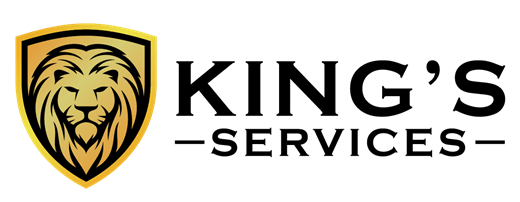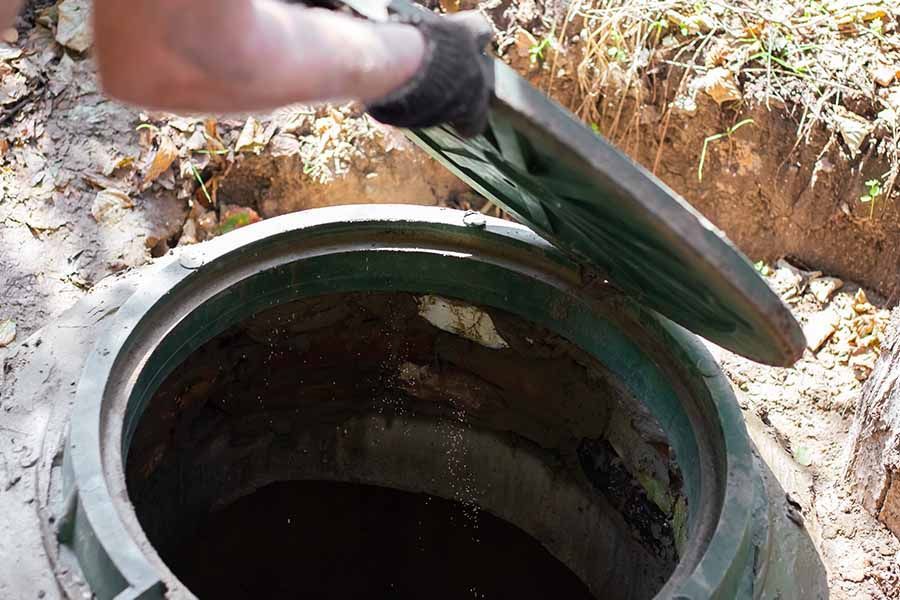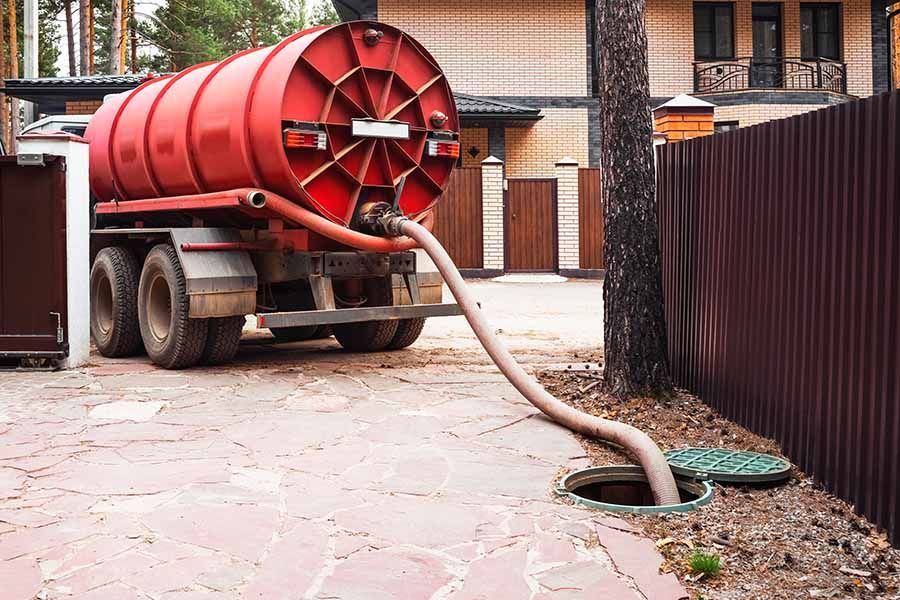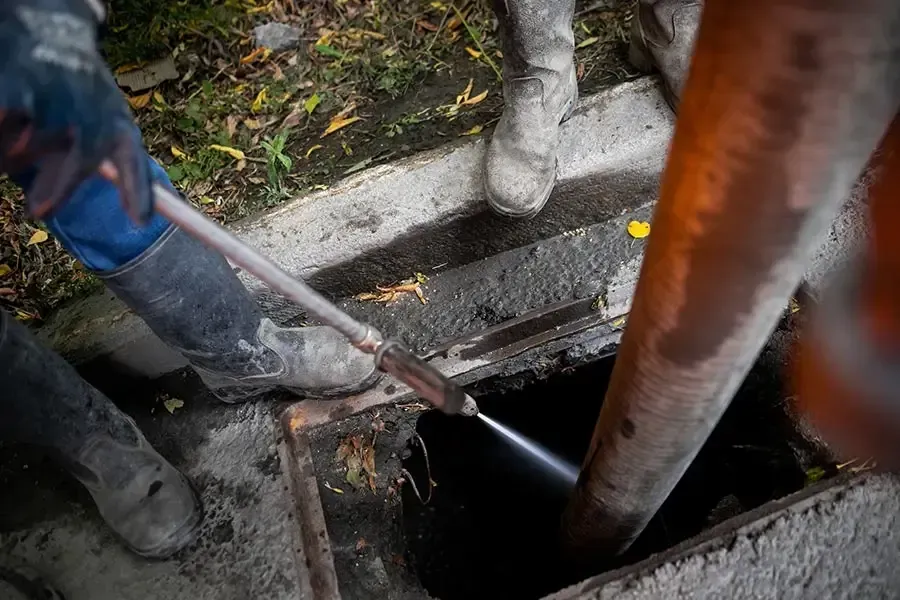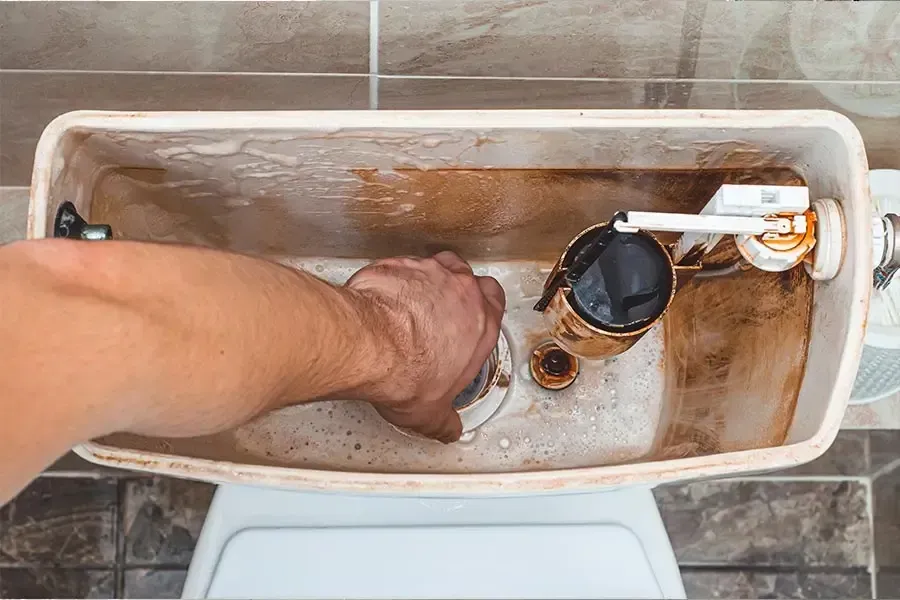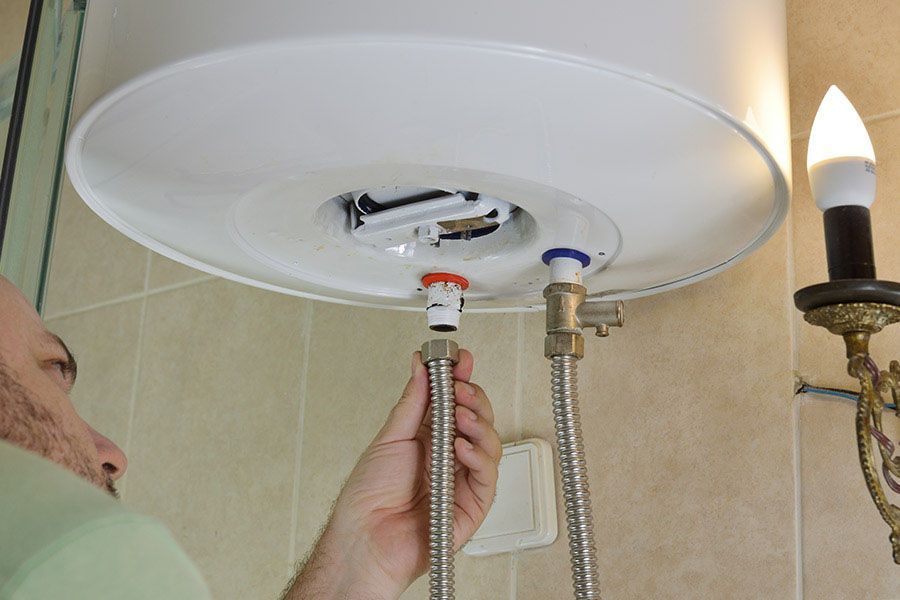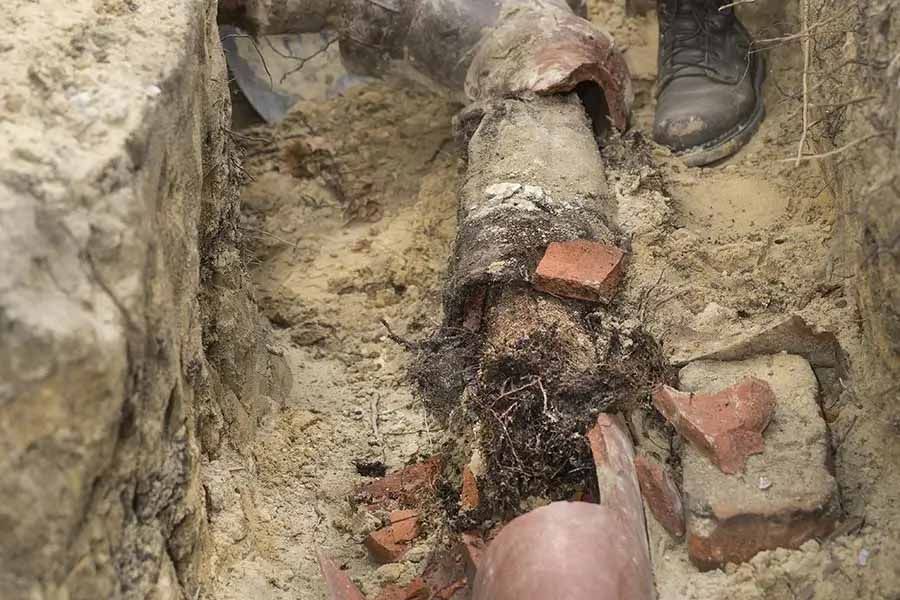Do you need professional septic services? Call King’s Services at 431-532-5623 to book an appointment.
Keeping your home clean is crucial for your overall well-being. Most people understand this, which is why the cleaning product isles in stores and supermarkets are some of the busiest. However, homeowners with septic systems should exercise more caution with their cleaning agents.
Many are turning to more natural or homemade cleaning solutions such as essential oils. Are essential oils safe for septic systems? How do conventional cleaning solutions affect septic systems?
As the top choice for septic inspection in Headingley, Manitoba, our team at King’s Services has all the answers. We’ll discuss them in this blog post.
How Cleaning Solutions Affect Septic Systems
Here’s a quick refresher on how septic systems work to help you understand how cleaning solutions can affect them.
The waste from your home flows into the septic tank, where naturally occurring bacteria act on it to break down the organic material. Over time, the waste will largely turn into liquid, flowing into the drain field and through the earth, leaving clean water to enter the groundwater system. Cleaning solutions containing harsh chemicals upset this process. They are usually strong enough to decimate the population of beneficial bacteria in your septic tank, but it doesn’t end there.
The chemicals also find their way into the leach field, polluting the groundwater and causing damage to the environment.
So, by using septic-safe cleaning agents, you’re protecting your septic tank and the environment.
Essential Oils and Your Septic System
Are essential oils safe for septic systems since many have antibacterial properties? The answer is yes! Most essential oils are great at killing germs on surfaces throughout your home, but that’s where it ends.
Unless you’re pouring large containers of essential oils down your septic system, there’s no risk to the beneficial bacteria in your septic tank.
Essential oils in normal cleaning solutions will kill viruses, bacteria, and mould on all surfaces, including wood, stainless steel, aluminum, and more. By the time the solution flows to the septic tank, it’s already too diluted to change the composition of the tank.
The organic nature of the oils also means the active enzymes will degrade long before reaching the leach field. Thus, they can’t contaminate the groundwater.
Common Types of Essential Oils for Cleaning Your Home
The following are some of the most effective types of essential oils you can use in place of chemical cleaners during sanitation:
Citrus Oils
Lemon and orange oils have refreshing scents that can cut through unpleasant odours. They are also great at disinfecting surfaces and cleaning grease. You can use them while cleaning all surfaces, ranging from wood to carpets.
Tea Tree Oils
Tea tree oils are some of the most popular types of essential oils. Their enzymes can kill various microbes, including mould, bacteria, and viruses. When cleaning your sinks, countertops, toilet bowls, and bathtubs, diluting tree oil in a spray bottle can do the trick.
Avoid contact with the unadulterated form of these oils to prevent blistering on your skin.
Lavender Oils
You probably hear about lavender oils when the topic is aromatherapy. However, they also have antibacterial and degreasing properties. Try adding some into the mix when washing clothes or dishes.
Eucalyptus Oils
Eucalyptus oils can kill all kinds of germs. They are especially great for households with allergy sufferers because they contain enzymes that help eliminate dust mites. Mix the oil into the cleaning solution during laundry or when mopping wooden floors.
Pine Oils
Pine oils are another fantastic choice for wood floor cleaning solutions. They kill bacteria and fungi that may cause warping. Additionally, these oils tend to leave a glossy finish on hardwood floors, making them a fantastic choice to work with.
Other Benefits of Using Essential Oils as Cleaning Agents
There are other benefits to choosing essential oils ahead of harsh chemical cleaners. We've listed a few of them below:
Improved Indoor Air Quality
Traditional cleaning products release harmful fumes, irritating the respiratory system and worsening allergies. Even in products that mask the fumes with attractive scents, individuals living with allergies may still endure discomfort after using these products.
Essential oils, on the other hand, do not trigger any such reactions. On the contrary, they tend to leave your indoor space smelling fresher and more alluring. Which would you rather inhale: the acidic smell of bleach or the warm scent of citrus?
Cost-Effective Cleaning Solution
Choosing essential oils and other septic-safe products is a sure way to save money. You can make an effective cleaning solution at home with a few ingredients.
Safe for Your Landscape
Harmful chemicals in traditional cleaners escaping into the immediate environment can hinder your landscaping efforts, while essential oils can boost your results. This is welcome news for those who love to garden.
What Harmful Chemicals Should You Watch for in Cleaning Products?
Not all cleaning products are bad for your septic system. You only need to know which ones to avoid. Ideally, you’ll want to avoid those containing the following:
- Chlorine. A few ounces of this powerful chemical can kill large populations of bacteria in your septic system.
- Ammonia. You’ll find this harsh chemical in glass cleaners.
- Phthalates. Manufacturers use phthalates to add fragrance to their cleaning products, but these cause harm to aquatic life. They can also upset the endocrine system.
- Triclosan. This chemical is common in antibacterial cleaning agents. It is toxic to humans and animals.
Get Expert Guidance on Maintaining Your Septic System’s Health
Now you know the answer to “Are essential oils safe for septic systems?” Do you want further guidance on how to keep your septic system ticking along nicely? We are always happy to help. Our team can answer all questions you have concerning your septic system.
Don’t hesitate to contact us to determine how long a septic inspection takes or learn more about the signs of septic system trouble.
Call King’s Services in Headingley, Manitoba, today at
431-532-5623 to schedule a consultation.

